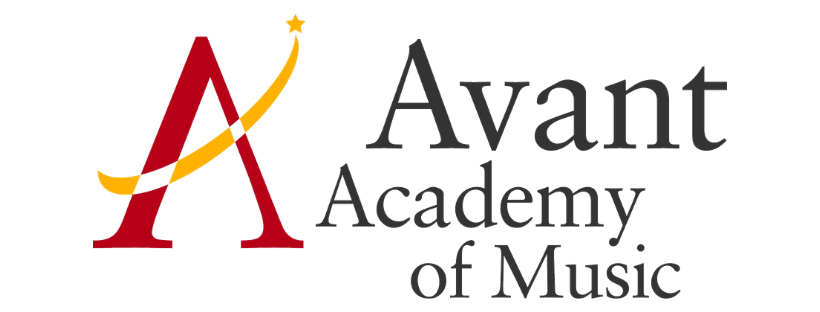"Practice does not make perfect...it makes permanent"
For most of us reading music is daunting. For some it gives us a sense of failure and even stress, it seems like an aspect of music learning that is not "fun".
Learning to read music is important to becoming a rounded musician. Like being able to read and write it gives you the ability to explore the world of music on your own terms. Being able to read allows you to be free from merely depending on learning from others or by rote. The discipline of understanding notation also increases your ability to mentally imagine music which is invaluable to your own creativity and improvisation.
Here are some tips to becoming a better reader of music:
Start with really easy music
Find the most elementary music you can find and start from there. Attempting to sight read complex music can be a real confidence killer. The exam boards such as Trinity and ABRSM have resources to assist the development of sight reading skills. Start with the most basic level, ace it at that level and build your confidence and ability gradually.
ABRSM "Joining the Dots" sight reading resources
Trinity Guildhall "Sound at Sight" sight reading resources
Scan the music before you start
Take a few minutes to get the lay of the land of the music. Look at the key characteristics of the piece.
What key is it in? What are the highest and the lowest notes? Are there any interesting rhythms to look out for?
Taking careful note of these and other details before you start playing can make all the difference in effectively sight reading the piece.
Create a habit of ease, relaxation and confidence
Choose a speed that will allow you to stay relaxed and comfortable while reading. It's not a race or a competition to see who can read the fastest. If you want to develop the skill of sight reading then accuracy is more important than speed. One thing that always seems to be true in instrumental skills is that where there is careful, relaxed accuracy, speed is sure to follow. So focus on being accurate and relaxed.
You should be able to the see the notes clearly and even be able to look ahead to see which notes are coming while feeling or tapping the tempo without feeling anxious or overly excited. This will build in you the habit of ease, relaxation and confidence. It is the habit of excellence.
Keep going, don't stop
Once you have scanned the music, chosen your speed and started to read it is very important not to stop. Again it is the matter of establishing good habits.
If you practice to stop and correct yourself when you make a mistake or get lost you will do just that. You will stop as a habit. make it a habit to fully commit to reading and playing until there is no more music to read.
That is exactly how it will be when you are reading during a performance you will not be allowed to start again. You will have to keep reading. So make it a habit from the beginning. Once you start, don't start. If you make a mistake just keep moving on. You will learn that mistakes are not fatal. They are actually the key to becoming a good sight reader.
Play with expression and feeling
Have the habit of seeking to find the music in the notation. Try to get a sense of what is the required mood of the piece. Consider the title, see if it gives you a clue to the mood of composition. Of course when you scanned the piece you would have made note of any dynamics or expression markings.
Making an emotional connection to the music can also help to retain in your memory the interval and rhythmic ideas you will encounter when sight reading. It is also quite fulfilling to attempt to impart a musical interpretation to your sight reading.
It is a lot of fun.



